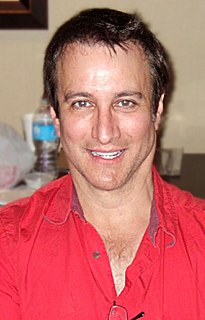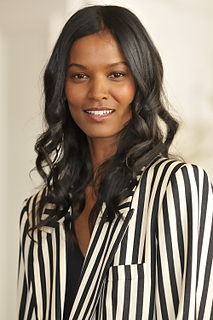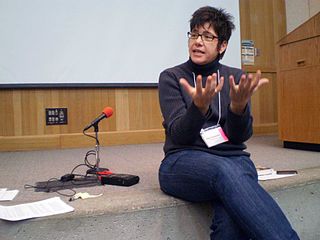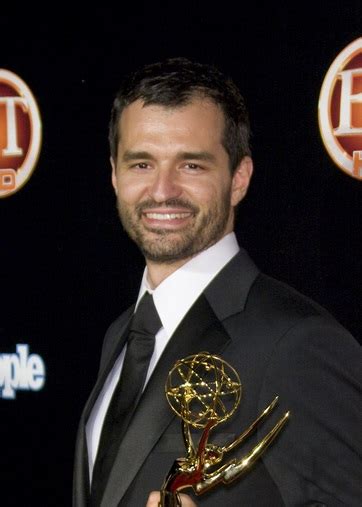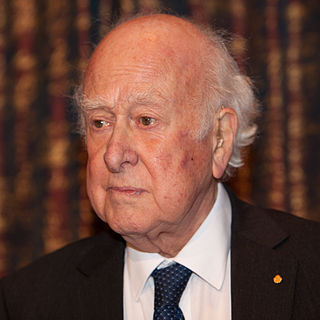A Quote by Daniel Day-Lewis
When I do work, I feel the same sort of urgency as I ever did. If I didn't feel that, I don't think I would wish to be doing it. I wouldn't really see the point.
Related Quotes
Everyone in show business makes these sweeping, "I'll never work with so-and-so again," because that's the way you feel at the moment. It's a business where there really is no point in ever saying never. There are people I've sworn that I would never go near again, and then you see an interesting role that would put you opposite that person and you think, "Well, we'll work together, maybe they were having a bad year."
In a way it was a modern story but it played to all those 1980 slasher movies. We did the same thing with this. Patrick wanted to do a 1970's road movie and if you'll see, this is a modern story but it's got so much 1970's in your face feel to it. So that was the point, to take that stuff that we loved growing up and sort of do it for today. I think we accomplished it. We'll see.
I don't ever feel a full transition to my character. I don't ever feel like I have left myself, because if I did, I would need professional medical attention. I always have to keep my own wits about me, or I would miss a mark on the floor, or be unable to follow the director's advice from the last take. However, when I'm at my best, I feel like I'm doing an impression of a person I've never met. It feels complete, and yet improvised.
I think in theater it demands that you say the same words every night and make it feel fresh and new. Improv demands that you be operating at the highest level of your creativity intelligence. So these two skills are both very important but I've seen people who are very skilled at one area struggle with the other. Either improvisers feel constrained by having to say the same thing over and over again or people who are really good at doing scripted work feel intimidated and exposed doing improvisation.
You think to yourself, “If one drink feels really good and two feels really, really good, a hundred ought to feel fantastic.” As sane people know, it doesn't work that way. A hundred drinks feels terrible. Bad things happen. But the addict keeps at it, thinking at some point it's going to get good again The point is to not feel what you're feeling. The problem is, you become someone you never thought you would become, and you have no idea how you got there.
I don't feel competitive with other filmmakers. I think we're all working to the same goal. When I see great craft, I don't care who's doing it, what network it's on, where they came from. I just love it and celebrate it, and I just worry about the work I'm doing and what's right for the projects I'm doing.
If the audience is responding very well to comedians that are hacks, and I don't do well, I don't feel as bad, because I feel like their taste is different than mine. They're laughing at somebody I would never laugh at, so that makes it okay, because obviously our tastes are not in the same place. And comedy is subjective, so I feel like maybe the failure wasn't all mine. I don't think they ever would have really enjoyed me. So sometimes that's a little easier, but not much.
I think, initially, working on your own is really great because it allows you to just be really free and not worry about how things are perceived or if people are going to think you're an idiot. And once that becomes ingrained, at least for me, I think I'll feel really comfortable to work with other people and still feel that same freedom.
My colleagues knew I was writing poems. I never hid it from them. I don't think they ever thought I was cheating on them. So, I think they probably saw it as being rather peculiar, that I was doing that sort of thing, but nobody ever suggested I shouldn't be doing it. I think that would be different on Madison Avenue or Wall Street, where you're really expected to be doing 110 percent for the company.


